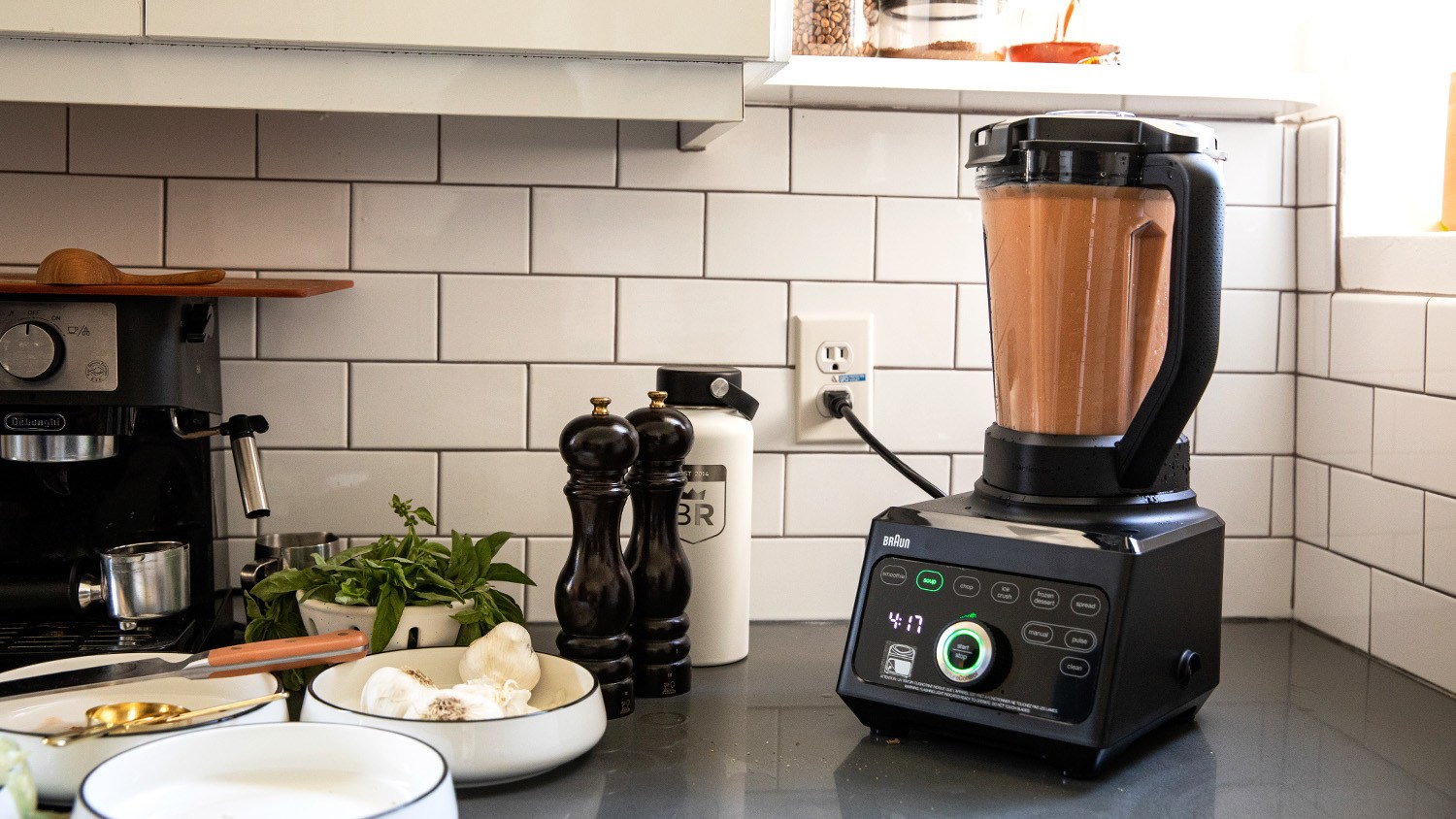Fresno County gave away 70% of the COVID-19 vaccine doses it got this week to other counties, due to a decline in demand locally, officials announced Thursday.
The county was allocated 40,000 doses of the vaccine this week, but officials reallocated about 28,000 doses to other counties.
Next week, county health officials are planning on requesting just 18,000 doses, KTLA sister station KSEE in Fresno reported.
“We made a call to our mass vax providers, everybody is definitely seeing a reduction in demand and so we’re just going to be evaluating how much more we need to reduce those mass vax sites,” said Joe Prado, who has been leading the vaccine distribution effort in Fresno County.
Thousands of vaccine appointments Fresno County-run clinics are going unfilled, the Fresno Bee reported. That’s even after the state expand vaccine eligibility to everyone 16 and older this week.
One of the counties they reallocated doses to was Merced County.
“Fresno County had actually offered to give us some vaccines and I think that should help with the deficit with the Johnson & Johnson,” said Merced County’s health officer, Dr. Salvador Sandoval.
But the lack of demand in Fresno County is raising concerns as to how quickly the county will be able to immunize its population.
“We’ll never end this pandemic unless people are protected. And the best way to get people protected is to get them vaccinated. And so if we want to get back to normal, this is our best shot,” Fresno County Interim Health Officer Dr. Rais Vohra said.
Prado said the county is looking to expand mobile clinics and meet people where they are.
“We’re just going to have to make adjustments — like we have through COVID response overall. Getting outside of our boxes even more so than we have been already and seeing what it’s going to take,” Prado said. “Taking the vaccine literally street by street and block by block.”
According to the most recent data on the county’s vaccine dashboard, around 32% of the county’s population has been vaccinated with at least one dose.
“The vaccines are the light at the end of the tunnel. It’s up to us how long that tunnel lasts. The sooner we get our folks vaccinated, the shorter that tunnel will be,” Vohra said.












